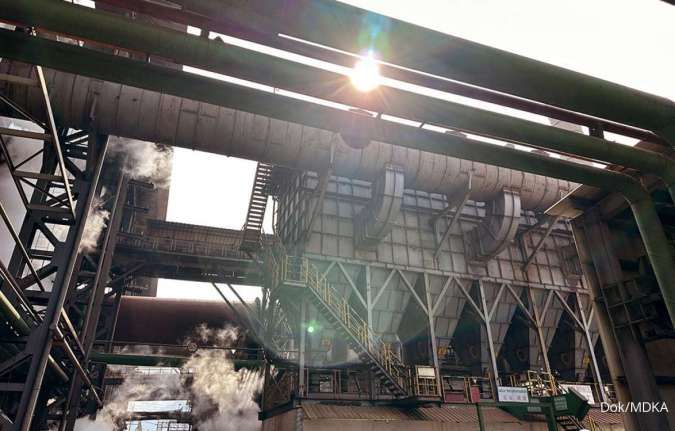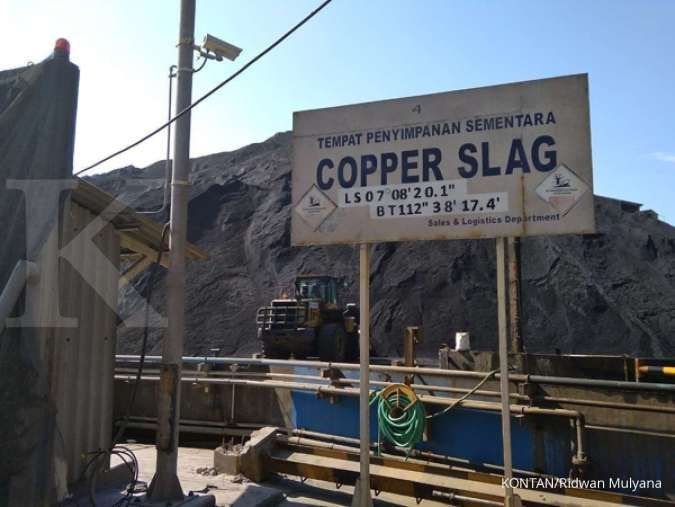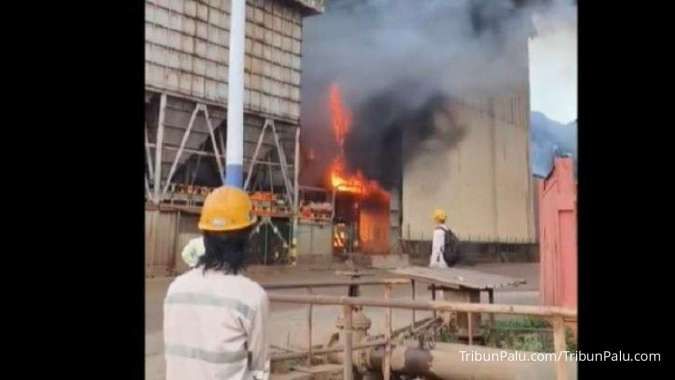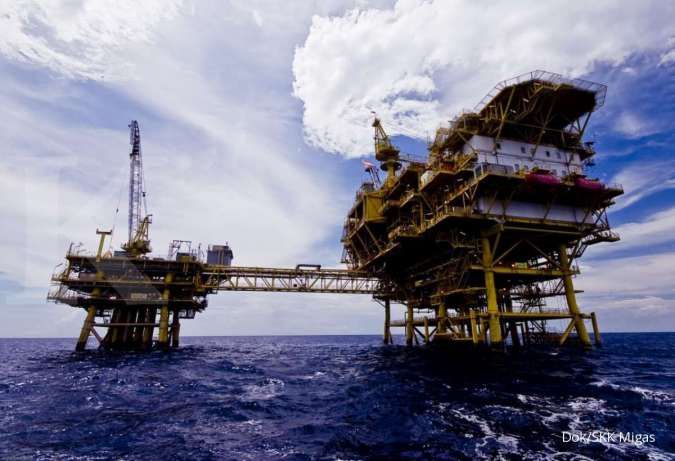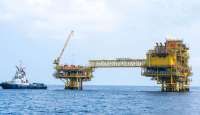INVESTMENT-JAKARTA. The investment climate for smelters is potentially declining due to the inconsistency of government policies.
Referring to government data, the realization of mineral melter investment up to the third quarter of 2023 reached IDR 151.7 trillion. This amount is supported by nickel smelter investments reaching IDR 97 trillion, followed by copper smelter investments of IDR 47.6 trillion and bauxite smelter investments of IDR 7.1 trillion.
The Secretary General of the Association of Processing and Refining Industry Companies (AP3I) Haykal Hubeis revealed, in general, several factors can influence the smelter investment trend.
"There is global uncertainty that triggers and the investment climate in Indonesia is already less attractive for new smelter investments," Haykal told Kontan, on Wednesday (27/12).
Haykal continued, that another cause is the beginning of a decline in investment for nickel smelters. Moreover, the construction of nickel smelters has been quite dominant for smelter investments.
According to him, with the increasing number of nickel smelters in Indonesia, the construction of new smelters tends to decrease. This condition is exacerbated by the government's plan for a moratorium or restriction on the construction of class II nickel smelters.
In addition, the issue of limited nickel ore supply that occurred some time ago also became a consideration for potential investors. At that time, the government revealed that there were imports of nickel ore from the Philippines carried out by domestic smelters.
Haykal continued, that another factor is the implementation of government policies that often change or are inconsistent, especially on the upstream mining side.
"Policy inconsistency starts from changes in rules about the Work Plan and Budget (RKAB) which was originally proposed every year to become every three years and also the application of export result foreign exchange (DHE)," added Haykal.
According to him, the added value of downstream can be reflected in the amount of investment successfully obtained. So far, investment for downstream is considered to have run very well. Therefore, the government is considered to need to pay more attention to the sustainability of business actors.
He hopes that the implementation of government policies can maintain business continuity and apply equally to all business actors.
/2022/09/23/672202847p.jpg)
